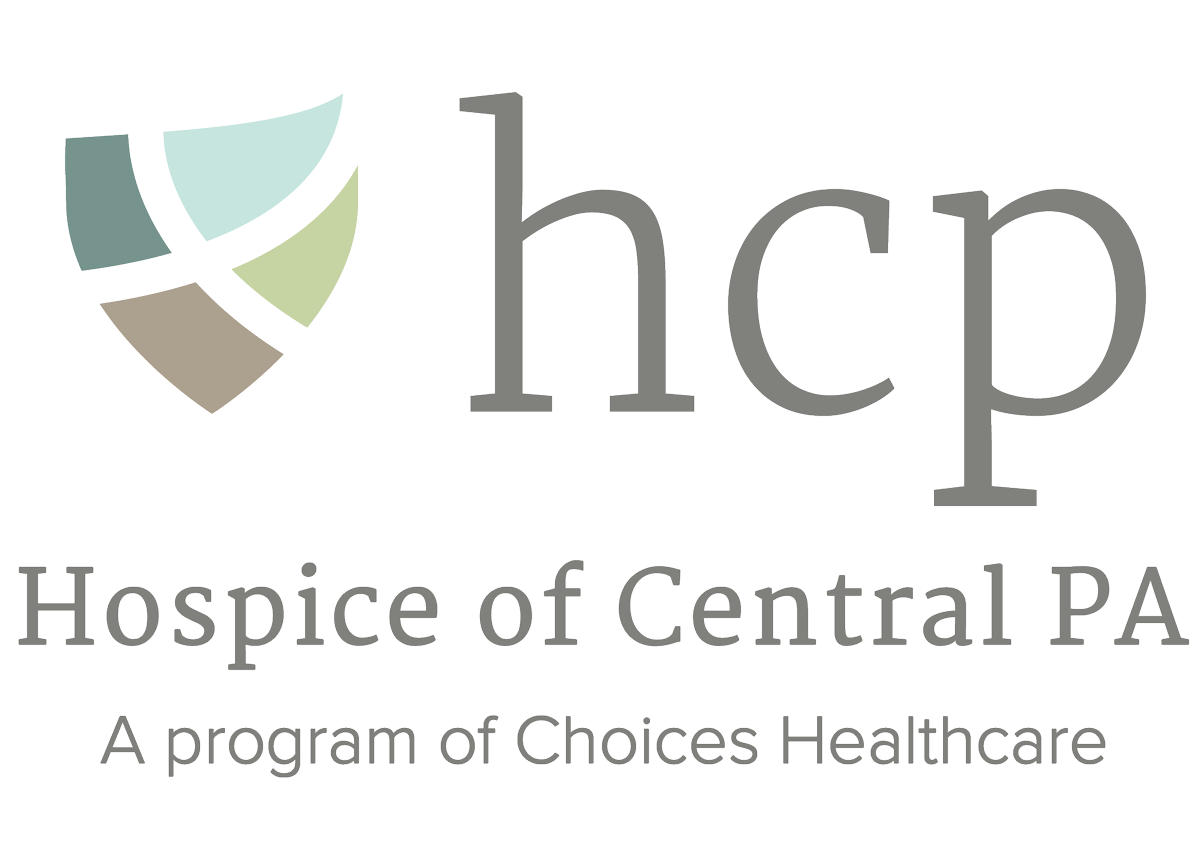The Significance of the Hospice Chaplain
It is a common misconception that hospice care only addresses the physical symptoms of a dying person; pain, shortness of breath, or agitation to name a few. Pain, however, isn’t always physical. For many hospice patients, pain is also spiritual. Some patients may struggle with what is unknown after death, or they may question the meaning of their life.
“Did my time on earth make a difference?”
“How will I be remembered?”
“What is my legacy?”
Spiritual care is an important part of the services hospice can provide. Hospice of Central PA’s chaplains Alan Echard, Audrey Finkbiner, and Meg Shoeman support patients in many ways as they navigate spiritual challenges at the end of life.
Why is spiritual care important at the end of life?
Much like a physician or a nurse is trained to treat physical symptoms, a hospice chaplain is specially trained to provide spiritual and emotional support for the patient and their family. They provide a listening presence to validate the patient’s feelings and help them to discover new meaning and purpose.
“Disease, decline, and even death do not invalidate all that has been meaningful, beautiful, and strong in a person’s life,” says HCP chaplain, Meg Shoeman. “Our role is to affirm and support patients as they make new meaning out of the things that have given their life purpose.”
While listening is a big part of the chaplain’s role, they can also support patients in many other ways. HCP chaplain, Audrey Finkbiner, says she teaches families about the spiritual aspects of the dying process, reads devotional materials or scripture, and assists with legacy projects that help to validate patients’ accomplishments.
Is spiritual care always religious?
Spirituality is expressed differently for everyone. Each person’s spirituality is unique to them. For some, their spirituality is expressed religiously. Others find meaning and purpose, joy and hope apart from religion. Spirituality can be expressed through meditation, enjoying moments with family and friends, spending time in nature, or creating art.
“Meaning and purpose go far beyond religion. All of us, no matter our belief system, look to find meaning and purpose in our lives and what we are going through,” says HCP chaplain, Alan Echard. “We support patients according to their beliefs; whatever they are or whatever they are not.”
The hospice chaplain’s goal is not to impose a specific belief system or religion, but rather to meet the patient where they are and support them in addressing their own human experience in whatever form that is.
What if I have my own clergy?
Chaplains are an important part of the interdisciplinary team and they collaborate with physicians, nurses, aides, and social workers to provide holistic care to patients and families. Chaplains also work very closely with community clergy. Often times, patients are members of a congregation and have strong relationships with their faith leaders. Hospice chaplains do not replace a patient’s clergyperson. Instead, they work together to provide the best spiritual and emotional care at the end of life.
“If someone already has clergy, we are not there to replace them, but to provide additional support,” says Meg Shoeman. “We collaborate with the patient’s clergy and support them according to their faith.”
The role of the hospice chaplain extends far beyond the physical needs of patients. They help to address the invisible pain and discomfort people often experience at the end of life. Chaplains are compassionate and empathetic. They do not judge or impose beliefs. Instead, they listen and learn. They guide and support. They ease fears and help people find meaning and peace in their final months. With the support of a hospice chaplain, we are able to embrace the special moments that happen at the end of life just as we do in the beginning of life.
